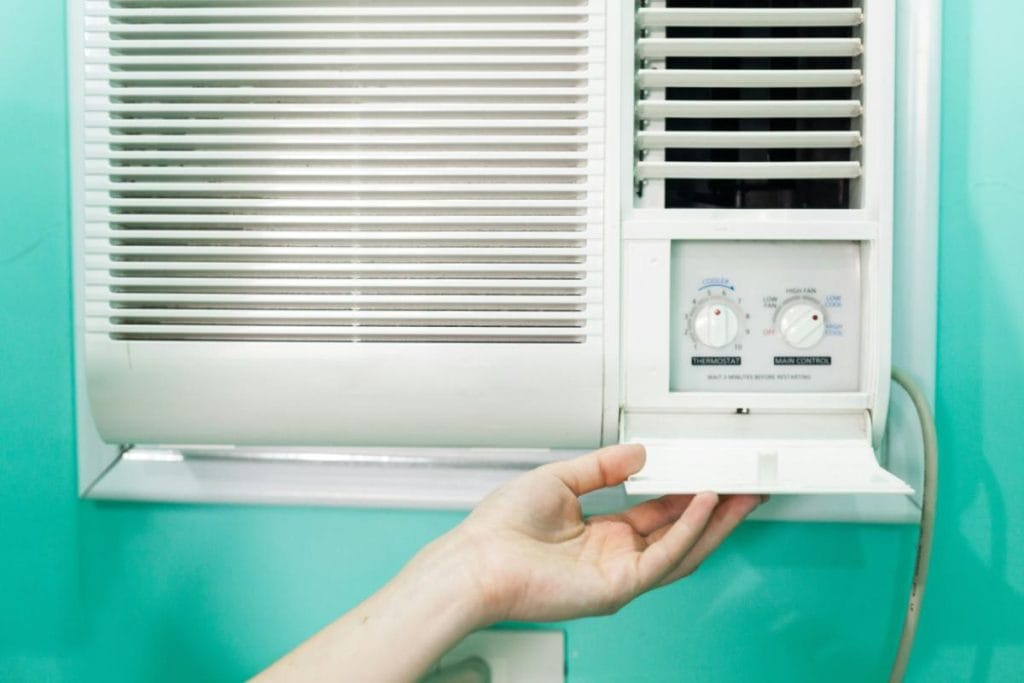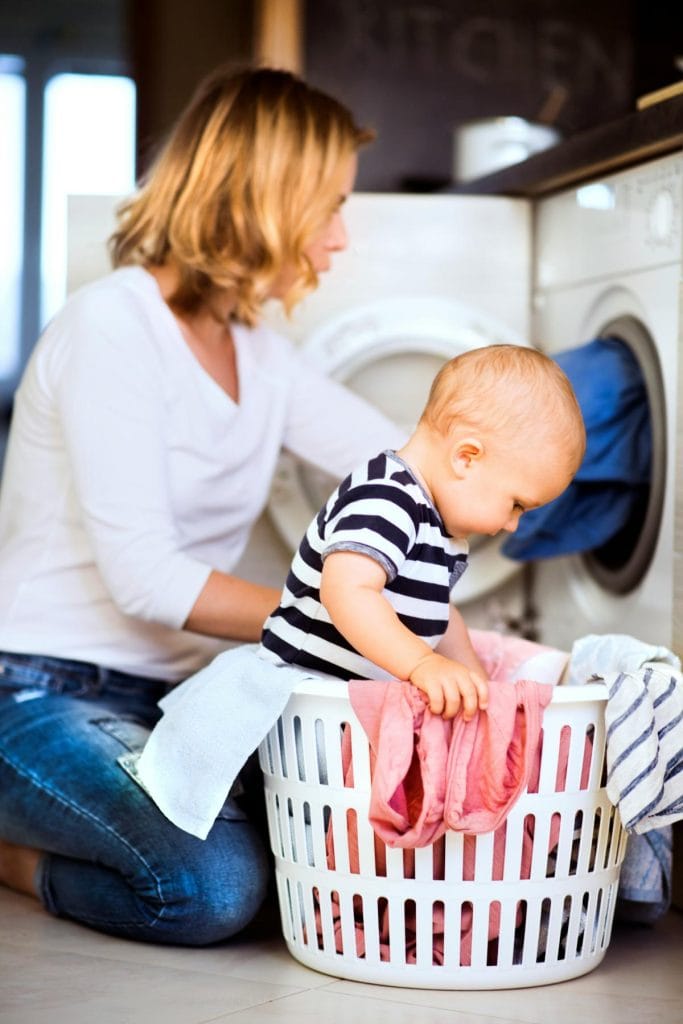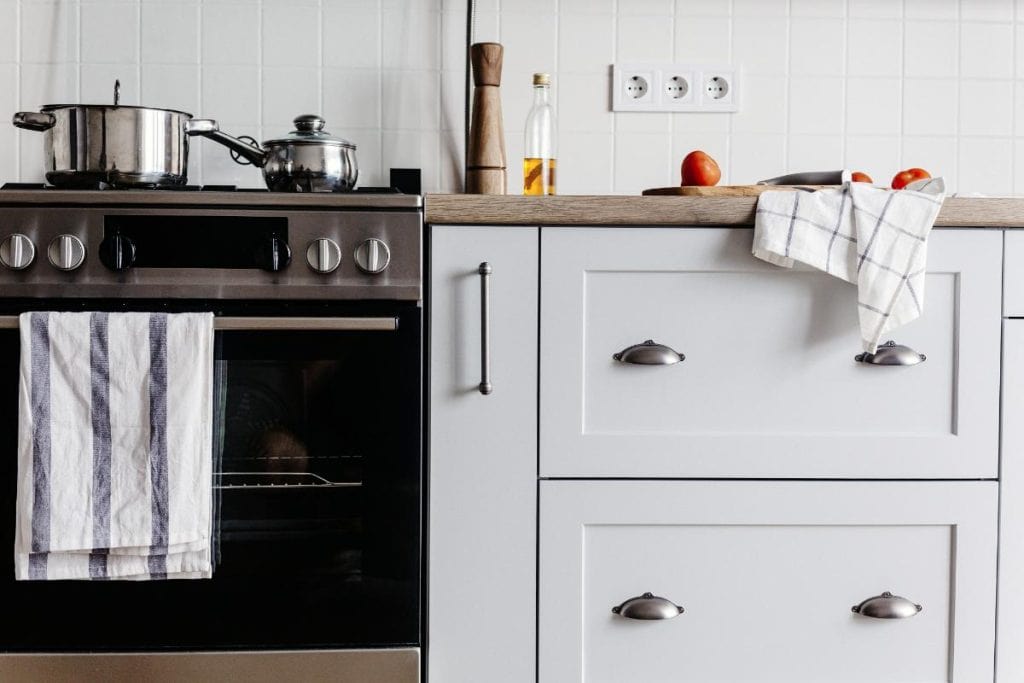Are you looking to reduce your energy bills and make your home more environmentally friendly? Boosting your home’s energy efficiency is not only good for your wallet, but also for the planet. This comprehensive guide explores practical ways to optimize your home’s energy use, from simple everyday habits to more significant upgrades. We’ll cover everything from smart thermostats and efficient lighting to insulation techniques and solar panel integration.
Whether you’re a homeowner or renter, there are steps you can take to create a more sustainable living space. Read on to discover how you can make your home more energy-efficient and comfortable while reducing your carbon footprint.

The Importance of Energy Efficiency
Energy efficiency plays a role in preservation beyond just cutting down on electricity bills. The Environmental Protection Agency’s research indicates that improving your house’s energy efficiency can reduce greenhouse gas emissions. Furthermore, energy homes tend to be more comfortable with temperature fluctuations and improved indoor air quality. There are also advantages—reducing energy consumption results in utility costs, potentially saving you hundreds of dollars each year.
Ensuring your home’s HVAC system maintenance is essential for achieving energy efficiency. By using HVAC services, you can ensure your system runs efficiently, helping you save energy and lessen your impact. Regular maintenance checks, timely replacements, and expert tune-ups can keep your HVAC system in shape, ensuring you don’t waste energy or money.
Optimizing Your Heating and Cooling System
Heating and Cooling systems use around half of a household’s energy. Keeping your HVAC system well-maintained and updated can significantly boost efficiency. Simple practices like changing air filters and scheduling annual checkups can keep your system operating while reducing energy wastage.
Older HVAC systems are frequently less efficient, so you should consider upgrading to an energy-efficient model if yours is older than ten years. Newer systems come with advancements that allow them to operate effectively, saving money and reducing their environmental impact.
Advantages of Smart Thermostats
Installing a thermostat is one way to save energy. Devices such as the Nest Thermostat learn your schedule. Adjust temperatures accordingly, ensuring power is used efficiently when not at home. These smart devices also provide information on energy usage so you can monitor your routines and make adjustments for greater efficiency. Some versions even allow you to control them remotely using smartphone apps, giving you the convenience of adjusting your home’s temperature from anywhere.
Insulation and Sealing: Retaining Heat Indoors
Properly insulating and sealing your home is key to maintaining a comfortable temperature. Insulating areas like attics, walls, and floors can significantly reduce the workload of your heating and cooling systems. Additionally, sealing gaps around windows and doors helps prevent drafts, preserving the desired temperature without energy consumption. You can begin with caulking and weather stripping to seal any leaks.
An insulated home keeps you cozy in winter and cool in summer, reducing the strain on your HVAC system and resulting in energy costs and a more pleasant living space.
Transitioning to Energy Efficient Lighting
Around 10% of a household’s energy consumption is attributed to lighting. Switching to energy bulbs such as LEDs or CFLs can lead to savings on your lighting expenses. Because they require less energy and have a longer lifespan than conventional incandescent bulbs, they are not as expensive but also more environmentally friendly. Furthermore, you can easily find LED lighting options that match your home style and are eco-friendly, as they come in colors and designs. Consider using motion sensors and timers to make lighting more efficient and decrease energy wastage.
Selecting Energy Saving Appliances
Up-to-date appliances with energy-saving features can significantly reduce your household’s energy consumption. When it’s time to upgrade appliances, choose those with an Energy Star certification. These products meet efficiency criteria. Reduce the amount of power you consume when it’s not in use to help the environment and your utility costs. Energy-efficient refrigerators, washing machines, and dishwashers can deliver better performance using less energy. Some appliances also include functionalities like energy-saving modes and intelligent connectivity for optimization.

Tips for Water Heating Efficiency
Heating water accounts for a significant portion of household energy costs. You can conserve electricity without compromising comfort by turning it to 120 degrees Fahrenheit. Insulating your water heater and pipes can notably decrease heat loss, enhancing heating efficiency.
Consider on-demand types or tankless water heaters, which only heat water as needed, reducing energy wastage compared to storage water heaters. Moreover, installing low-flow fixtures and regularly maintaining your water heater can prolong its lifespan and improve efficiency.
Integrating Solar Panels into Your Home
Investing in panels yields long-term benefits by converting sunlight into electricity, reducing reliance on renewable energy sources, and cutting utility costs. Solar panel installation is not financially advantageous but environmentally conscious, as homeowners can benefit from incentives and tax savings.
Modern solar energy systems are now more accessible eff, efficient, and capable of meeting a household’s energy needs. Combining panels with energy practices can maximize savings while contributing to a greener future.
Scheduling an Energy Assessment
An energy audit assesses your home’s energy consumption patterns to pinpoint areas for improvement. Experienced auditors utilize tools and techniques to analyze your household’s energy usage and offer suggestions for enhancing efficiency. An audit may uncover potential issues such as air leaks, inadequate insulation, or outdated appliances, providing recommendations for creating a sustainable living space.
Have you considered scheduling an energy assessment to pinpoint areas that could improve and create a customized plan to enhance your home’s energy efficiency?

Adopting Small Everyday Practices for Significant Savings
By modifying your everyday routine, you can increase the amount of energy you save. Long-term savings can result from doing small things like turning off lights when not in use, disconnecting electronics, and maximizing light. These methods save energy expenses and help design more environmentally and energy-efficient living spaces.
Encouraging family members to adopt these behaviors fosters a shared commitment to conserving energy. Additionally, you may learn more about your energy usage trends and maintain motivation by setting energy-saving goals and tracking your progress.
